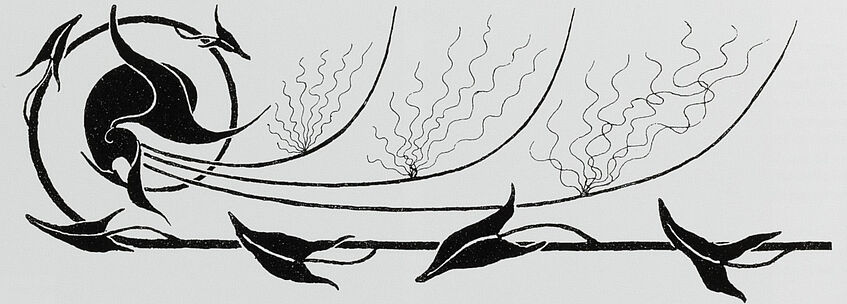The idea of a universal spectator: abstraction in the work of August Endell, Wassily Kandinsky and Ferdinand Avenarius
Jane Boddy
PhD project
In this dissertation, my aim is to show that abstraction in the work of August Endell, Wassily Kandinsky and Ferdinand Avenarius involved notions of a potentially universal spectator, an idea that has not been sufficiently considered in the discussion of their work and the history of abstract art. The dominant view in art history has been that abstraction signifies artistic practices in which artists step away from the imitation of nature and the depiction of material objects and instead reduce lines, colors and shapes to pure form. As a result, abstraction is typically examined as a formal visual trait of artworks. By contrast, I examine abstraction as a concept of spectatorship, and argue that the kind of abstraction to be found in the work of Endell, Kandinsky and Avenarius targets the construction of what could be called a “shared space” of psychological connections between people. This is closely linked to artists’ and critics’ understanding of the expanding field of perceptual psychology and involves their ideological projects, consisting in attempts to forge unity between spectators. Ultimately, this was an antidote to an isolating modernity. To argue this, I examine writings from Endell, Kandinsky and Avenarius about universal languages of forms and feelings, and describe how various meanings of abstraction were reconciled in a concept of spectatorship.

